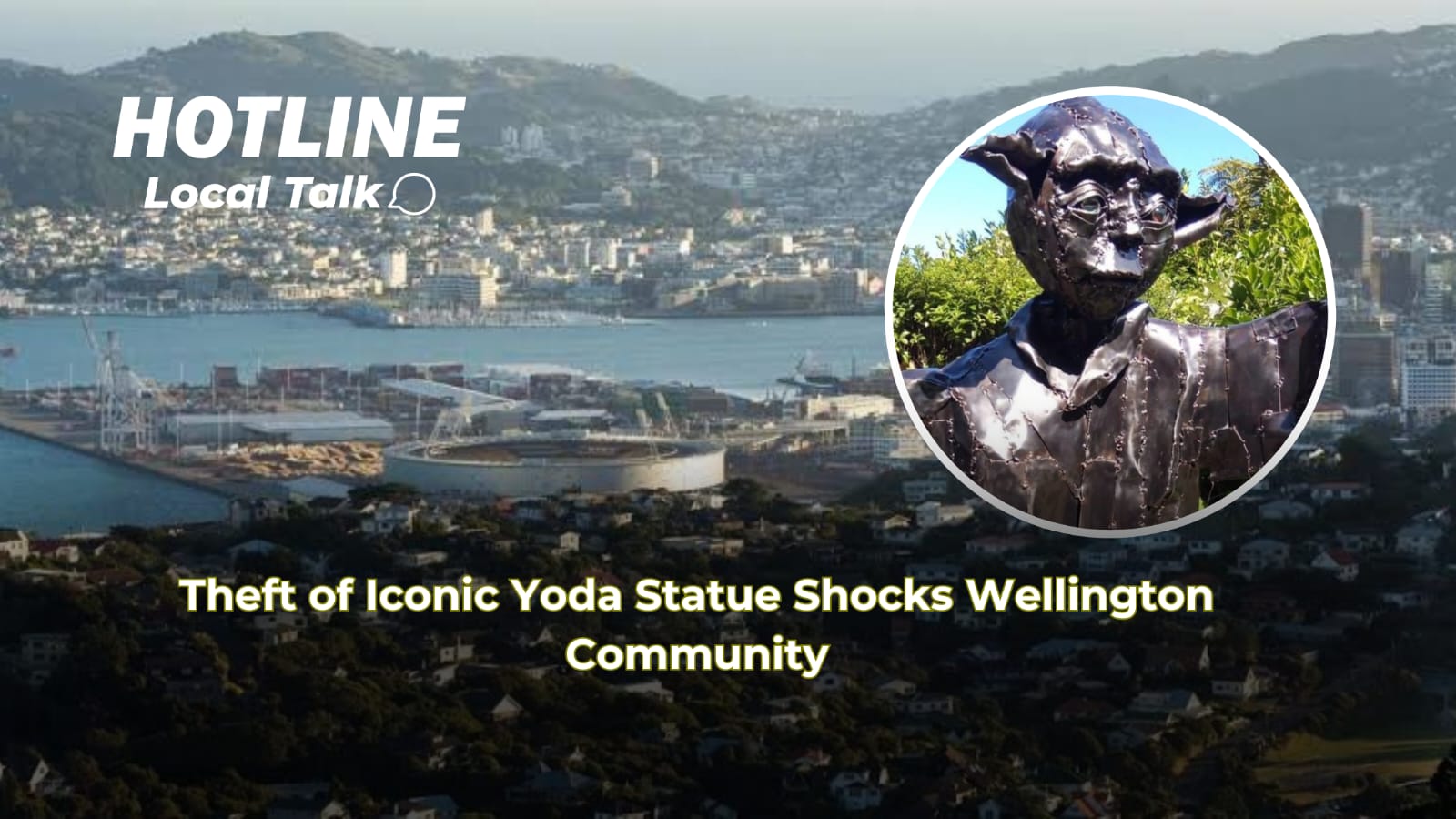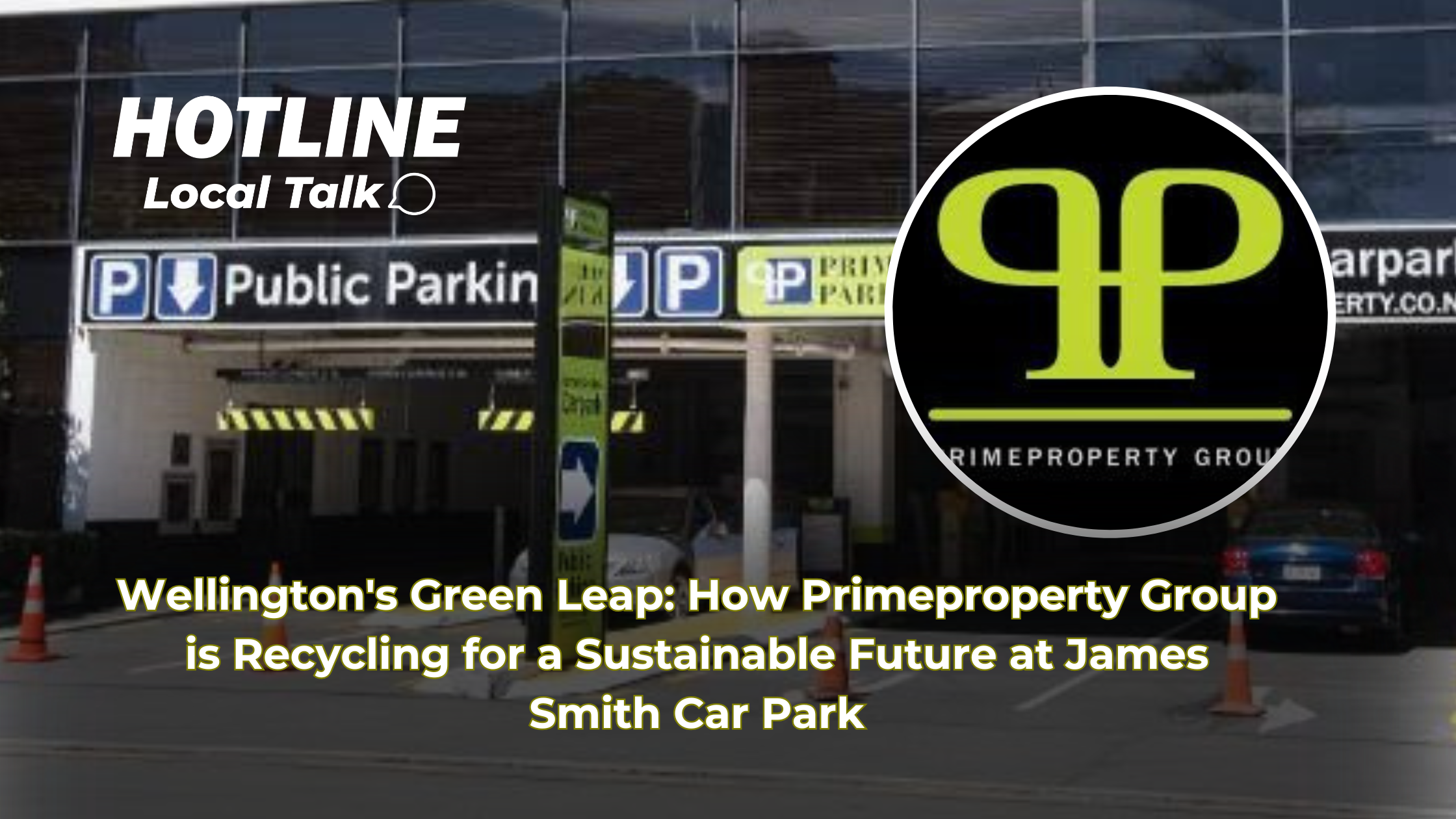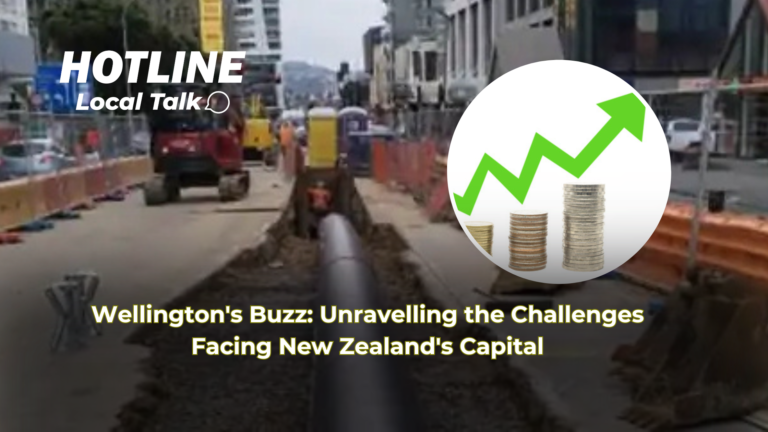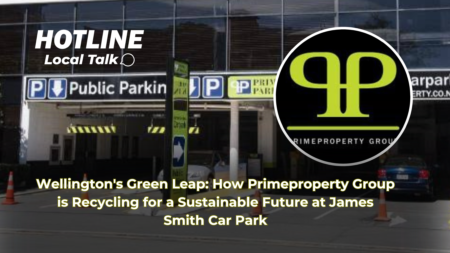Welcome to our comprehensive exploration of Wellington, New Zealand, where we delve into the myriad challenges that have given the city a proverbial ‘bee in its bonnet’. From economic fluctuations to environmental concerns, community dynamics, and health sector pressures, Wellington faces a complex web of issues. This report, brought to you by One Network Wellington Live, aims to provide a detailed, data-rich analysis, offering insights and practical solutions to these pressing matters.
The Economic Landscape of Wellington
Wellington, as the capital city of New Zealand, plays a pivotal role in the nation’s economy. However, recent years have seen the city grappling with several economic challenges:
Employment and Industry
According to Statistics New Zealand, Wellington’s unemployment rate stood at 4.2% in 2022, slightly above the national average of 3.9%. The public sector, which employs a significant portion of the workforce, has been a stable source of employment, yet the tech sector, which has been burgeoning, faces global competition and talent retention issues.
- Public Sector Employment: 28% of Wellington’s workforce is in public administration, significantly higher than the national average of 15%.
- Tech Sector Growth: The tech industry has grown by 12% over the last five years, yet faces a 15% turnover rate due to international opportunities.
Economic Diversification
Wellington’s economy has been historically reliant on government services. Diversification into creative industries, tourism, and advanced manufacturing is crucial. In 2021, tourism contributed 5.2% to Wellington’s GDP, a figure that has potential for growth.
Solution: To foster economic resilience, Wellington could:
- Invest in tech incubators and innovation hubs to retain and attract tech talent.
- Promote tourism through unique cultural experiences, leveraging Wellington’s status as the ‘ arts capital’ of New Zealand.
- Encourage green manufacturing with incentives for sustainable practices.
Environmental Challenges
Wellington’s environment is under threat from climate change, urban sprawl, and waste management issues. Here’s a closer look:
Climate Change and Resilience
The city is particularly vulnerable to sea-level rise, with projections suggesting a potential increase of up to 1 meter by 2100. This poses a significant risk to coastal infrastructure.
- Sea Level Rise Impact: 10% of Wellington’s residential properties are at risk of flooding by 2100.
Waste Management
Wellington generates approximately 350,000 tonnes of waste annually, with only 30% being recycled. The city’s landfill is expected to reach capacity by 2030.
Solution: To address these environmental concerns, Wellington could:
- Implement stricter building codes for flood resilience and promote green infrastructure.
- Enhance recycling programs and introduce zero-waste initiatives, aiming for a 50% recycling rate by 2025.
- Invest in renewable energy sources, with a goal of 100% renewable electricity by 2035.
Community Dynamics
Wellington’s community fabric is rich but faces challenges in inclusivity, housing affordability, and cultural preservation.
Housing and Affordability
The median house price in Wellington was NZD 850,000 in 2022, making it one of the least affordable cities in New Zealand. Only 58% of Wellingtonians own their homes, compared to a national average of 64%.
Cultural Preservation
With a diverse population, including a significant Māori community, preserving cultural heritage is vital. However, urban development often threatens historical sites.
Solution: To enhance community well-being, Wellington could:
- Develop more affordable housing options, including public-private partnerships for social housing.
- Strengthen community engagement in urban planning to protect cultural sites, with a focus on co-governance with iwi (Māori tribes).
- Create community hubs that foster cultural exchange and preservation activities.
Health Sector Pressures
The health sector in Wellington is under strain from an aging population, mental health issues, and the aftermath of the global health crisis.
Aging Population
By 2030, 20% of Wellington’s population is expected to be over 65, increasing demand on healthcare services.
Mental Health
Mental health issues have risen, with a 15% increase in demand for services since 2019, partly due to the stress of the global health crisis.
Solution: To address health sector challenges, Wellington could:
- Expand geriatric care facilities and promote home-care services to manage the aging population.
- Invest in mental health infrastructure, including more community-based support and telehealth services.
- Enhance public health campaigns focusing on preventive care and wellness.
Wellington’s Favourite Pastime
Wellingtonians are known for their love of the arts and culture. The city hosts numerous festivals, with the Wellington Jazz Festival and the New Zealand International Arts Festival being highlights. Approximately 70% of residents attend at least one cultural event annually, showcasing the city’s vibrant cultural scene.
Conclusion
Wellington, with its unique blend of challenges and opportunities, stands at a crossroads. By addressing economic diversification, environmental sustainability, community inclusivity, and health sector resilience, Wellington can not only resolve its current issues but also set a precedent for urban development in New Zealand. The solutions proposed here are not just theoretical but are grounded in practical, actionable steps that can be taken by local government, businesses, and the community alike. As we continue to monitor and engage with these issues, One Network Wellington Live remains committed to providing updates and fostering dialogue for a better Wellington.
This article has been crafted to provide a thorough understanding of Wellington’s multifaceted challenges, enriched with data and practical solutions, ensuring that our readers are well-informed and engaged with the city’s future.
CONTRIBUTE
Have stories, yarns, mad scoops, or community news to share. We often pay for awesome content and life shattering stories. What have you witnessed?








